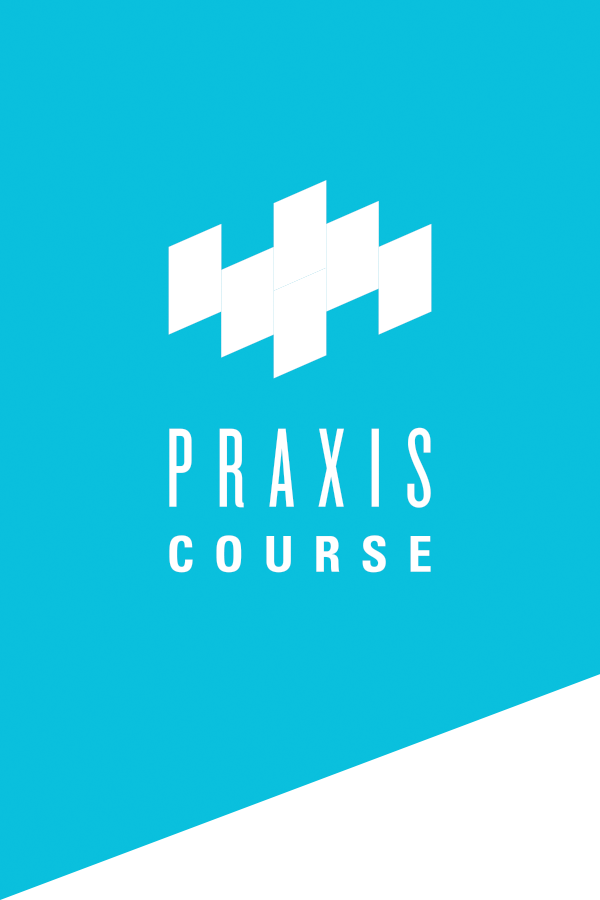results may vary
Jon Tyson—Praxis Spiritual Director and Founding Pastor of Church of the City NYC
JON TYSON identifies faithfulness and intimacy as antidotes to our tendency to rejoice in the wrong things.
Jon Tyson, Praxis spiritual director, pastor, and ministry entrepreneur, contrasts our typical definition of success with Jesus' definition. In this talk he looks at the story of "the seventy-two" who were sent out by Jesus in Luke 10. When they exulted in the fact that the demons submitted to them, he rebuked them and showed them what it meant to "rejoice that your names are written in heaven." In his remarks, Jon Tyson offers a way for Christ-following entrepreneurs to order their lives to be faithful and fruitful in the long run.
Jon applies this passage to our need to compare ourselves and our accomplishments with others. He argues that this is possibly even more problematic for entrepreneurs; and he shows us the power of contentment, faithfulness, and intimacy with God—independent of results.
Jon delivered this talk at the Alternative Imagination Summit, a gathering of the Praxis community to develop creative, redemptive responses to cultural and social opportunities.
HOSTING OFFLINE?
OPEN IN PRAYER
RECONNECT (10 min)
Last session, we discussed what it looks like to persist in hope in the midst of setbacks and/or fear. Did you commit to pray and intentionally hope for an area of your life that you are afraid to fail in? What did you learn or hear from the Lord?
WATCH (20 min)
REFLECT (3-5 min)
Spend a couple of minutes in silence, praying and reflecting on the videos. Ask participants to jot down questions that were raised, significant points, where they felt encouraged or challenged by the Lord, etc.
DISCUSS (45 min)
1. Jon observes that the spirit of our culture has become so combative that "every metaphor of victory is violent, and somebody dies. But when everything is about crushing it, who gets crushed? When we're talking about doing the work of God in the way of God, what we do and what we leave behind is just as important as how successful we are”.
What do you think? Is this a harmless way of talking about healthy competition, or something more dangerous?
Can you think of an example of an entrepreneur or venture where the competitive spirit of "crushing it" desensitized leaders into using people for personal and organizational gain? Have you ever seen this happen in a Christian-led organization?
2. According to Jon, one of Jesus' messages is that "impact without intimacy is evil ... the temptation we will face is doing good things for wrong motives, with improper processes ... for godly outcomes."
Does this mean we should back away from our ambition to accomplish godly outcomes in the world? Why or why not? How do we avoid this problem as leaders?
3. In what area of your work persona are you most prone to comparing your performance to others, like the 72 stacking themselves up against the 12? Is it your skills, intelligence, work ethic, ambition, persuasion, resilience, creativity, fearlessness?
What spiritual truths or practices would help you be less inclined to compare yourself with others in this way?
4. Have you experienced a successful work situation when the rejoicing actually was in the right things—in the relationships more than the results? What did that feel like? What made it possible?
5. the talk ends with two questions to ask ourselves:
"Why am I doing this?”
"Why am I really doing this?"
Reflect on your answer in relation to your current work role. What motivations are revealed? What is God calling you to be faithful to in that role?
PROTOTYPE (3 min)
Jon says: "The Gospel of Jesus is the Gospel of the Father's affirmation, so you're free from the applause of the crowd, rather than needing it."
Think of one or two practical steps you can implement this week to break free from "The Winner’s Script" and instead live faithfully for the approval of God.
END IN PRAYER
FINISHED THIS SESSION?
incubate
ACTIVITY
David Brooks, New York Times columnist and bestselling author, speaks of the difference between “résumé virtues” and “eulogy virtues.” Watch Brooks explain the idea in this brief TED Talk.

